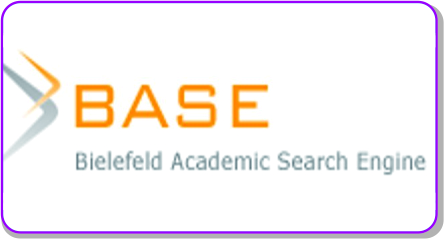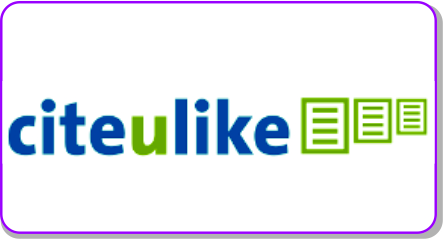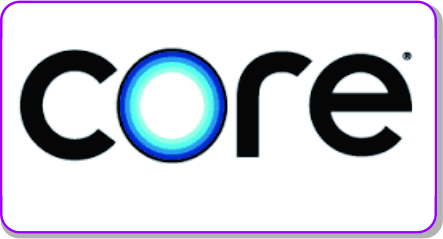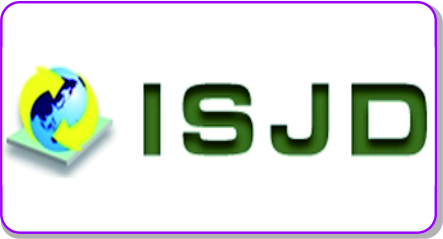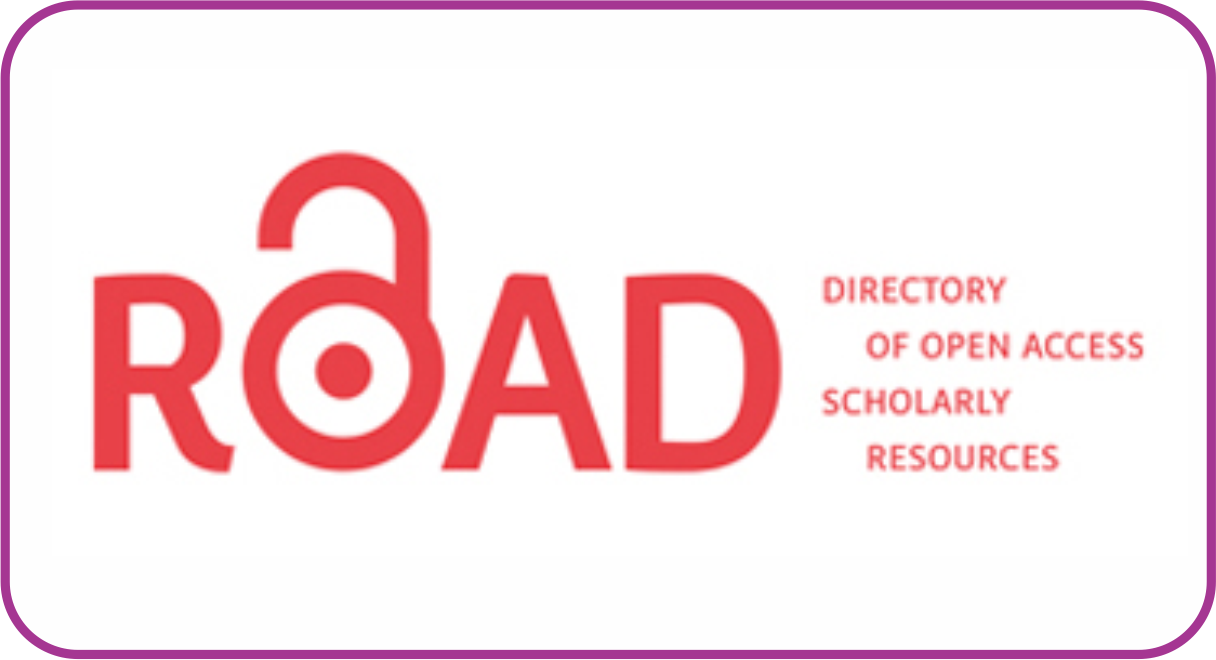MENINGKATKAN KOMPETENSI AKHLAK SISWA MELALUI PROSES PEMBELAJARAN
DOI:
https://doi.org/10.30983/educative.v1i2.159Abstract
Abstract The Realization noble nation generation is a the nation hope and also become a national educational practice purposes as specified in the Law of National Education System. Although the practice of education have been implemented to fulfill the above expectations, but the morals of the nation tend to degenerate even alarming, almost to the level of moral emergency . Such circumstances clearly require quickly and precisely revamping. The most and strategic populous of next generation is the primary school-age teenagers especially primary and secondary education students. From the perspective of learning, especially learning the value, the reformation need to be done without downplay what has been done before, as soon as possible and with the approach and the right strategy so that teenagers / students have moral competency. There are two approaches of the internalization of moral education in schools. First, moral education approach through the formal curriculum. Second, the approach of moral cultivation through the hidden curriculum. The hidden curriculum can be done with four strategies; normative, model, reward and punishment, and the learning environment. Theoretically and empirically, two learning approaches and four learning strategies can be used as an alternative to improve the morals through a learning process in schools. Keywords: decadence, moral, approachDownloads
Submitted
Accepted
Published
Issue
Section
License
Authors who publish with this journal agree to the following terms:
1. Authors retain copyright and grant the journal right of first publication with the work simultaneously licensed under a Creative Commons Attribution License that allows others to share the work with an acknowledgment of the work's authorship and initial publication in this journal.
2. Authors are able to enter into separate, additional contractual arrangements for the non-exclusive distribution of the journal's published version of the work (e.g., post it to an institutional repository or publish it in a book), with an acknowledgment of its initial publication in this journal.
3. Authors are permitted and encouraged to post their work online (e.g., in institutional repositories or on their website) prior to and during the submission process, as it can lead to productive exchanges, as well as earlier and greater citation of published work (See The Effect of Open Access).





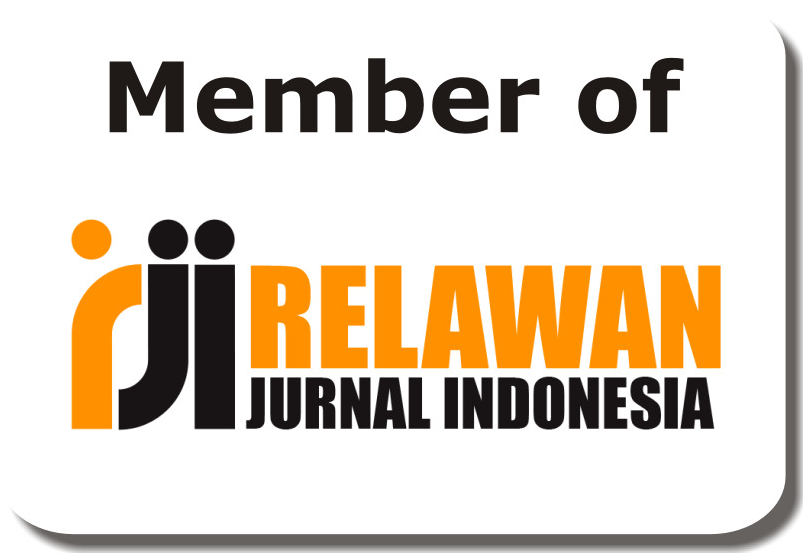


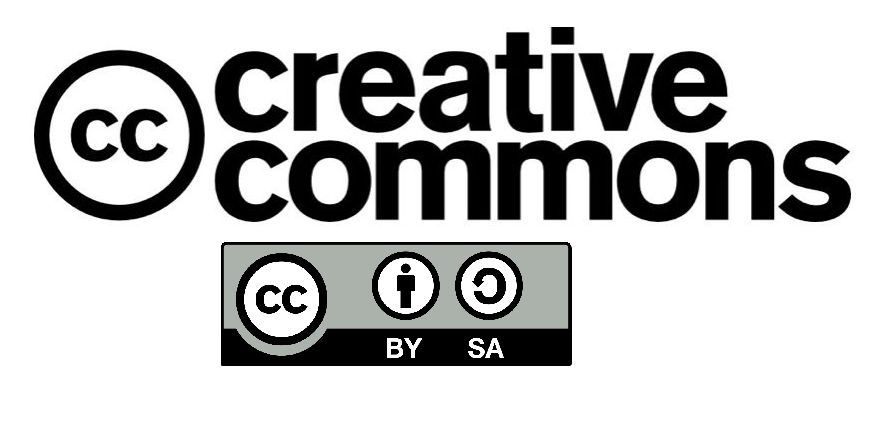


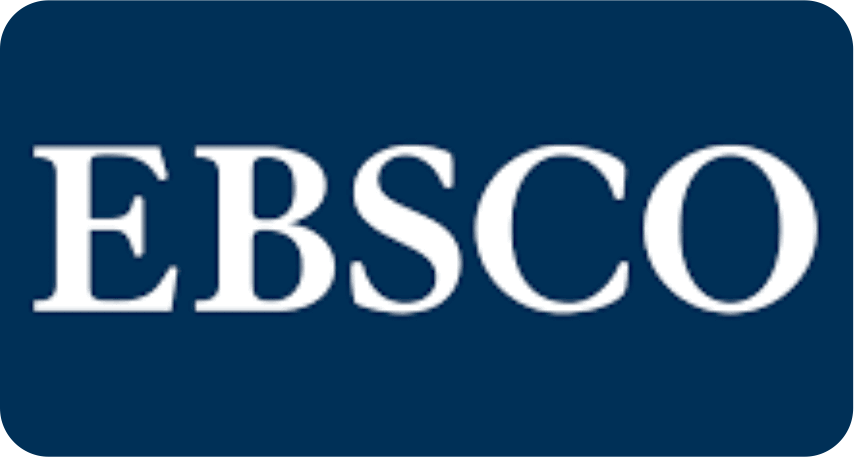






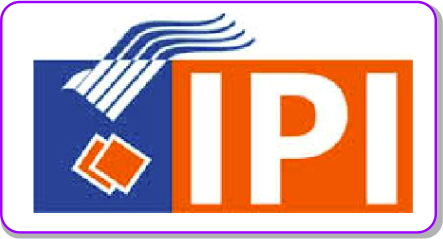 Â
 
